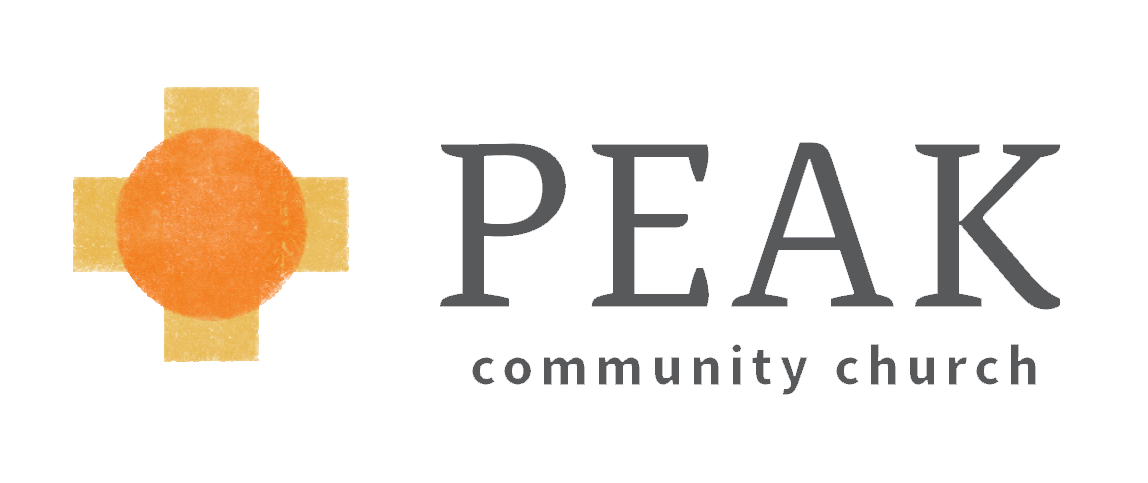Find a way to listen to this. Or read the transcript.
It’s an interview with Jean Vanier, founder of the L’Arche movement, by Krista Tippett on her radio program, On Being.
This is not a new interview. The first time I heard it I had just moved to Colorado. Sandy and I were driving out of the Target parking lot, and I nearly got into an accident because I was so engrossed.
Here is an intelligent, successful person, but he doesn’t want to talk about himself. He speaks tenderly. He frequently talks about the gifts of his friends, people with disabilities. And his language is devoid of derision, cynicism, and condescension. I remember thinking how rare all of it is—the content, the tone, everything.
L’Arche is about identifying the gifts of people with disabilities, and learning how to share those gifts in community. Below is a quote from the transcript about what this means:
Ms. Tippett: You’ve written that, from the point of view of faith, those who are marginalized and considered failures can restore balance to our world. Talk to me about that.
Mr. Vanier: The balance of our world frequently is seen as a question of power: that if I have more power and more knowledge, more capacity, then I can do more. But does this tension between the doing and the being — and when you have power, we can very quickly push people down. I’m the one that knows, and you don’t know; I’m strong and I’m powerful; I have the knowledge. This is the history of humanity.
And that is all of what I’d call the whole educational system, is that we must educate people to become capable and to take their place in society. That has value, obviously. But it’s not quite the same thing as to educate people to relate, to listen, to help people to become themselves. So the equilibrium that people with disabilities could bring is precisely this equilibrium of the heart. Children — maybe a father is a very strong man and businessman, and when he comes home, if he gets down on his hands and knees and plays with the children, it’s the child that is teaching the father something about tenderness, about love, about the father looking at the needs of the child, the face of the child, the hands of the child, relating to the child. And the incredible thing about children is they’re unified in their body, whereas we can be very disunified. We can say one thing and feel another.
So as a child can teach us about unity and about fidelity and about love, so it is people with disabilities. It’s the same beauty and purity in some of these people — it is extraordinary — and say, our world is not just a world of competition, the weakest and the strongest. Everybody has their place.
If Lent is a time for reflection on our status as creatures of dust, this interview is essential listening. We frequently get the idea that we will not have a place in the world if we aren’t the smartest, or work the hardest, or win at whatever competition we find ourselves in. This idea if demonic—there’s no better word—and we need our weaker brothers and sisters to lead us. They have vision we don’t. Otherwise it is the blind leading the blind.
Lenten blessings to you.
